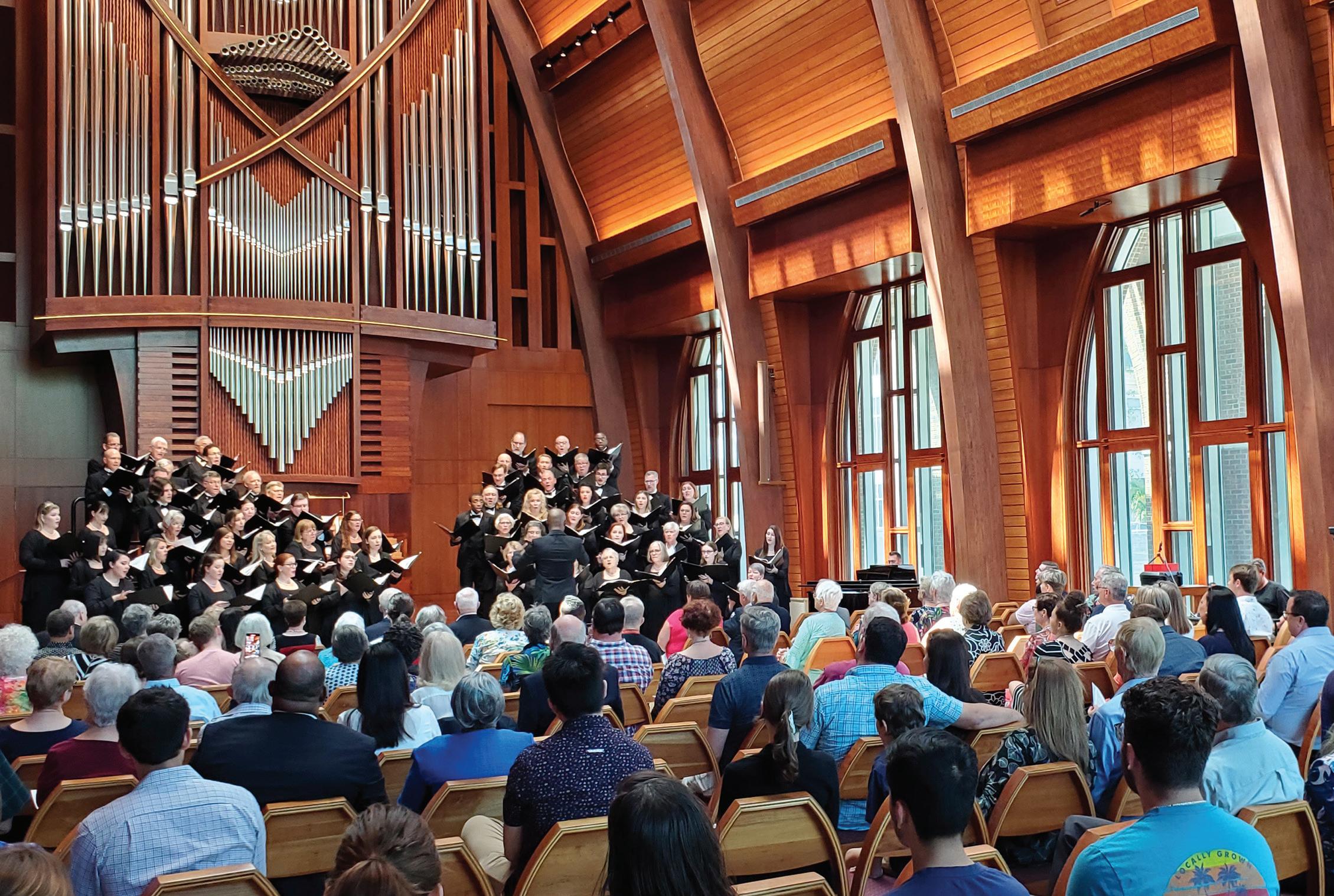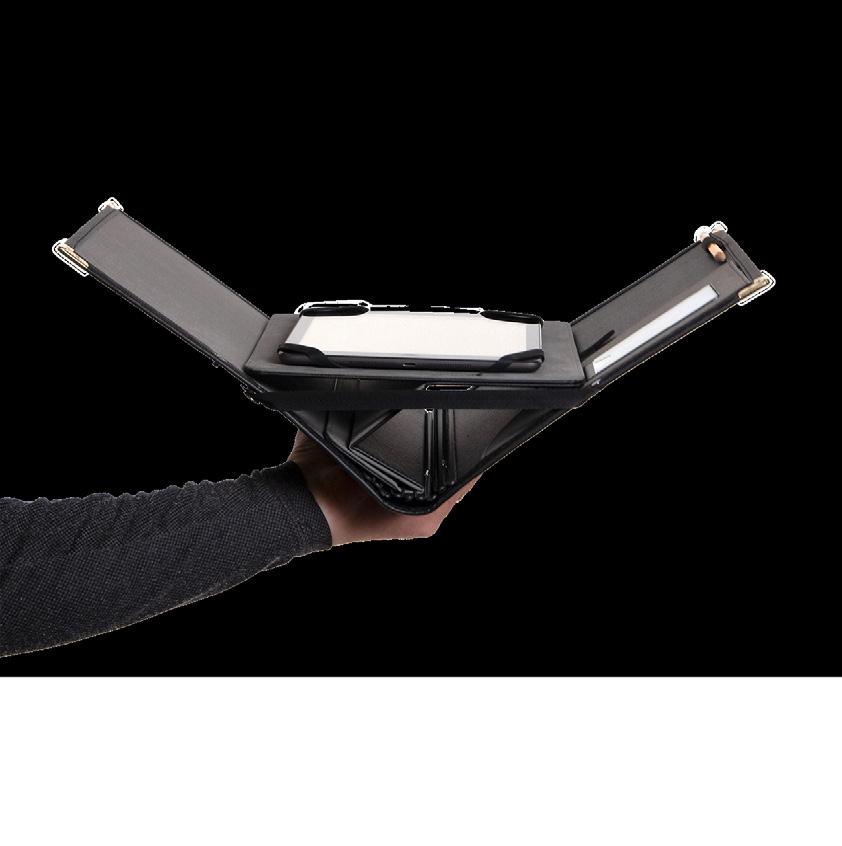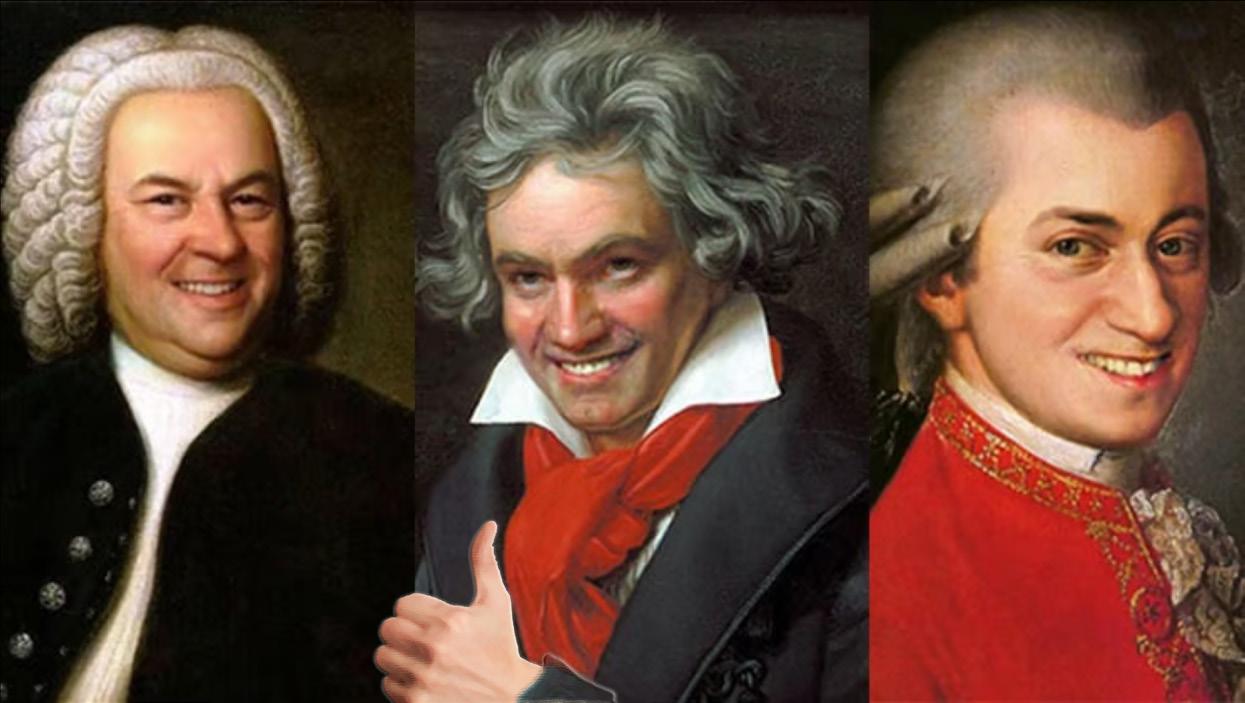
6 minute read
KEEPING UP THE WORK: ADEI LEARNING IN THEORY AND PRACTICE

BY LUCY CAPLAN
robably the most important thing that we do is that we talk,” Antonio Cuyler reflects. An arts administrator, scholar, and consultant, Cuyler is lead faculty member for the ADEI Learning Lab, a Chorus America program for White-identifying choral leaders who seek to familiarize themselves with core issues related to access, diversity, equity, and inclusion (ADEI); support their colleagues of color; and take action to combat structural racism within their organizations. To take on this work, Cuyler believes, first requires that we “normalize having conversations about race.” Conversation and education, when rooted in a willingness to sit with discomfort and think hard about how best to
“Pcatalyze change, provide the groundwork for meaningful social transformation.
To that end, the Learning Lab’s curriculum, which Cuyler designed in partnership with the social scientist and educator Kumea Shorter-Gooden, emphasizes discussion and collaboration. Conducted online over a four-week period, the program welcomed its first cohort of 32 participants in 2021, and it has since engaged 54 additional participants. The goal is for participants to come away equipped with the necessary knowledge to initiate conversations about ADEI issues within their organizations, and ready to implement constructive change.
The program involves a continual effort, says Cuyler, to “find the right balance between theory and practice,” linking abstract concepts to specific plans of action.
Cuyler encourages participants to draw upon their own expertise in the choral field, while also providing tools they can use to assess their organizations’ current status with respect to ADEI (for example, by creating charts which consider how the organization enables access, representation, equity, and inclusion for audiences, artists, and staff who are members of different marginalized racial groups). The kicker: “What will happen if you don’t change?” In answering this question, participants might realize that while improved ADEI practices have clear social and moral benefits, they can also improve an organization’s long-term financial health and standing in the community. Fundamentally, Cuyler wants participants to grasp that the endur- ing impact of White supremacy prevents liberation for all people, including White people who ostensibly benefit from it: “We’re better off joining together and pushing back and fighting against” the violence that racism perpetuates.
As its name suggests, the Learning Lab emphasizes hands-on, experiential learning with a clear potential impact. Learning is real work: difficult and often messy, especially when it reaches the juncture where theory and practice meet. Cuyler’s hope is that participants are “compelled enough by what they’re learning that they keep up the work.” In what follows, three Learning Lab participants reflect on how that work has unfolded since they completed the program, and how they are approaching the process of reckoning with structural racism and pursuing a more equitable future.
Kara Dwyer, The Master Chorale of Tampa Bay
For Kara Dwyer, managing director of the Master Chorale of Tampa Bay, the Learning Lab elucidated both the “overwhelming” nature of the “problems in society” that White supremacy creates, and the necessity of taking tangible steps to address those problems regardless. Dwyer attended the program in fall 2021, in partnership with the board chair of the Master Chorale, Tate Garrett. (The Learning Lab encourages participants to attend in groups of two or three, so that ADEI work within their organizations does not end up falling upon a single person’s shoulders.) Like many of her colleagues at arts organizations across the nation, Dwyer was motivated to address ADEI issues with increased urgency after

George Floyd’s murder in May 2020 and the national outcry over systemic racism that ensued.
On the one hand, the experience validated her sense that “I can’t fix everything. It’s not going to be possible overnight with one seminar, and that’s okay.” A single organization has a limited ability to combat systemic problems. On the other hand, though, the program empowered Dwyer to “listen better, ask better questions, and lift up voices not heard enough.” By focusing on “taking care of our house,” she was able to remain focused on taking concrete actions which were both feasible and impactful.
These actions encompass administrative and artistic shifts. For example, the Master Chorale has allocated funding to ADEIrelated training for staff and consulted with an ADEI expert on strategic planning. u
ADEI Learning in Theory and Practice
Dwyer has also collaborated with artistic director Matthew Abernathy to program more music by women and composers of color—and, importantly, to incorporate this music into various concerts, rather than keeping it siloed within themed events.
Other changes are smaller in scale, but potentially just as meaningful. The group, for example, no longer requires members to appear onstage with a “natural” hair color (“it’s something that that we feel is not necessary to police anymore,” Dwyer says), and the dress code uses gender-neutral guidance rather than specifying what men or women should wear. Future plans include adding pronouns to singers’ nametags, adopting concert attire that is less gendered in appearance, and referring to different vocal sections with non-gendered terminology.
In the longer term, Dwyer hopes that the group can reduce or eliminate member dues, which can be a barrier to participation. While the Master Chorale, like many choral organizations, is disproportionately White in relation to the region in which it’s located, Dwyer eventually hopes to see “the makeup of our membership be very similar, if not the same, as the makeup of our community that we live in.” But she notes that an organization that serves adult singers and is affiliated with a symphony orchestra is unlikely to be at the forefront of change in this regard; given the educational background and training that participation typically requires, change may occur more slowly than in a group which caters to children or to singers with a wider range of musical backgrounds.

While some of the changes the Master Chorale has made are straightforward to implement, others require a more nuanced, incremental approach. Given the Learning Lab’s focus on productive conversation, Dwyer has taken particular care to recognize that well-intentioned individuals may be new to talking about race. “For a lot of White people, they don’t know that they don’t know” how to have these conversations, she reflects. She has also considered her own role in workplace power dynamics—something that she’d previously thought about primarily in terms of gender rather than race. “These are really important things for a White leader such as myself to know about,” she reflects, “so that I can consciously work on building trust in an authentic way.”
The group also must consider the social and community context in which it operates. Given the “complex community, politically, religiously, and a lot of other ways” in Florida, Dwyer strikes a balance between addressing contentious issues head-on and trying “not to push it in people’s faces.” For instance, the group might emphasize how music can offer a “common ground” through which audiences and singers “can experience songs that are written about the trials or tribulations or experiences by human beings that are different from you.” The goal is to both acknowledge the specificity of a newly programmed work—honoring how a composer’s lived experience and experience of social marginalization might inform their work—while also finding ways to highlight universally meaningful concepts within the music.
The overarching impact of these shifts remains difficult to ascertain. Dwyer notes that while “there are some quantitative things that you can measure,” and that tools like audience surveys offer useful (if imperfect) metrics, a lot of “how people are feeling” can be more difficult to capture through data, which can’t always convey what it takes to “make sure that people feel welcome, included, and seen.” That intangible quality, though, is at the heart of Dwyer’s approach to change. Her aspiration with respect to ADEI is that “we’re weaving these topics into everything we do,” so that it’s “not just an agenda item on the board meeting,” but rather “part of the fabric” of the organization.
Keri Butkevich, Piedmont East Bay Children’s Choir
Before attending the Learning Lab in 2021, Keri Butkevich reflects, “I felt like this work was important, but I didn’t know how to engage with it.” As executive director of the Piedmont East Bay Children’s Choir, she was motivated to take part in the program by a “deep desire to do the work to become a more inclusive organization.”

The experience—and especially its focus on the relationship between race and power, which denaturalizes the assumption that Whiteness is a neutral or default identity— empowered her to “be part of the conversation,” and also to know “when I needed to step back and let other people with more lived experience lead the conversation.”

To Butkevich, ADEI work is less about “transforming things overnight” than it is about embarking on a process of “intentional and deeply rooted” change. In partnership with Colibrí Collaborative, an Oaklandbased consultancy, the choir has facilitated workshops, listening sessions, and other ADEI-focused endeavors; participants have included board members, faculty, and staff. Guided by the board’s insistence that the choir “not just put out a statement and then not be able to live up to it,” Butkevich says, “We’re taking the time. We’re examining all of our systems”—finances, administration, development, programming, and even fundamentals like the group’s name and location—in order to chart a path forward.
Thus far, the process has raised complex questions about the relationship among u










